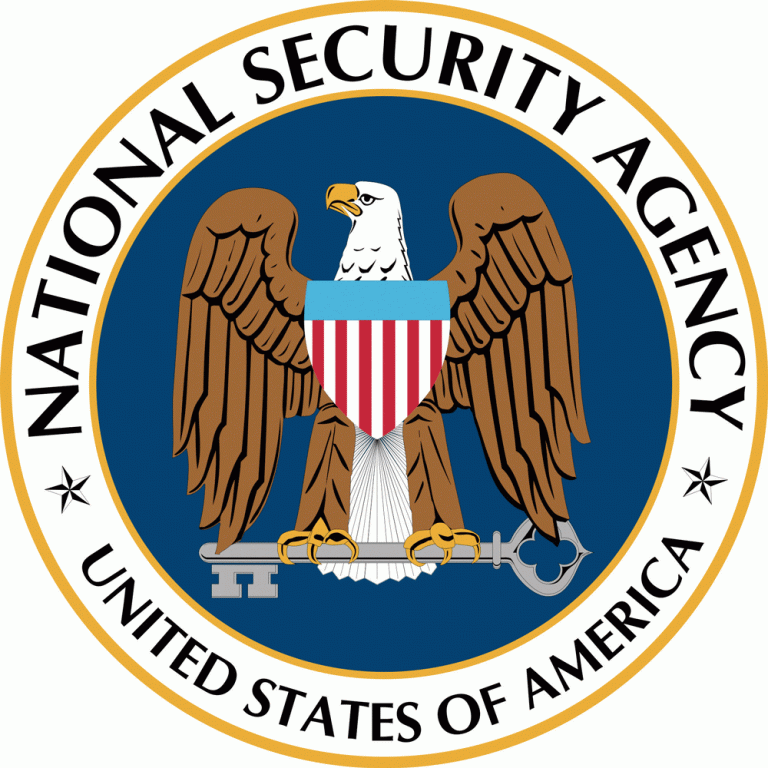
Jack Alegre
Staff Writer
The fall of Michael Flynn, former National Security Adviser to president Donald Trump, came as a surprise to many. Not just for his unusually short tenure, but rather that the knowledge of his dealings with Russia that led to his dismissal was leaked by someone within the government, presumably one of the intelligence agencies. This information was not found by a committee, but given freely to the people of the agency’s own volition.
As a result, people are taking this to mean confirmation of a deep state (a secret oligarchical state that controls the public government) embedded within the United States government. This shadowy apparatus is an invisible enclave, one whose powers exceed those of the democratically-elected government officials, who are merely puppets. But does such a thing actually exist? Or are these merely the actions of independent actors resisting an administration they see as a threat to national security?
The idea of a secret cabal controlling the government from behind the scenes is not a new one, and can be found in many works in the thriller genre. But has there ever been such an organization actually been present and behind the scenes of a real government?
Actually, there have been examples of deep state organizations. Turkey is one of the more famous examples. A recent article in The Atlantic covering the recent intelligence leaks compared them to the deep state present in Turkey. The Turkish deep state included the cooperation of military forces with local criminal enterprises and was used to attack challengers of Turkey’s secularism. Basically, the criminal and thus “unofficial” organizations would act as an extension of the state’s will. The state would have plausible deniability as well as a vehicle for accomplishing its aims.
Considering the vast amount of surveillance material as well as sensitive information that intelligence agencies, such as the Federal Bureau of Investigation and the National Security Agency, have at their disposal, and past instances of unethical actions (the FBI’s surveillance of Martin Luther King Jr. and the Central Intelligence Agency’s activities abroad), the idea of certain institutions running unchecked gains more credence.
Interestingly, there have been challenges to the idea of an American deep state. The Atlantic’s article sees Turkish intellectuals familiar with the Turkish deep state give their opinions on the current American situation. In their eyes, there is no deep state but rather the checks and balances expected of strong state institutions. National Defense University instructor Omer Taspinar made the explicit statement that Turkey’s deep state was a criminal organization that did not incorporate the participation of other important groups, such as the legislature or civilians. When asked about the current situation in the United States, Taspinar was quoted as saying “what we’re witnessing in the U.S., it’s basically institutional channels.’’
Therefore, another way to look at the idea of an American deep state and the intelligence community’s actions is to see it as the result of independent initiative. It is a more nuanced and realistic take to see the intelligence community’s actions as an independent check on an out-of-control executive branch.
Also to consider is that fear of a supposed deep state can be used to harm the people. Soner Cagaptay, director of the Washington Institute for Near East Policy’s Turkish Research Program, reflected on how public fear of the deep state allowed Prime Minister Erdogan to create a more repressive regime under the guise of catching deep state operatives.
In effect, Erdogan went after “people who looked like they were bad apples” and “former military officials connected to loan sharks.” Cagaptay noted that this allowed enough sufficient evidence for deep state counter-action and for Turkish president Recep Tayyip Erdogan to begin a purge of the military, one of the few institutions powerful enough to challenge him. Deep state repression therefore is a means for the “mainstream” state to consolidate power of its own.
Deep state or no, intelligence agencies have still shown themselves to still hold the same values of freedom as the citizenry they watch over. Several CIA officers have actually left the agency over their differences with the Trump administration, such as former National Security Council spokesman Edward Price who said that the current administration has “little need for intelligence professionals who, in speaking truth to power, might challenge the ‘America First’ orthodoxy.”
The mistake is to think of the intelligence agencies solely as a bad thing. They are still human-run and human-driven organizations full of people who signed up because they wanted to serve their country.
Even Intercept founder Glenn Greenwald, a frequent critic of the intelligence agencies, found a chance to extol the integrity of intelligence community workers, saying in a Democracy Now! interview that “people inside the government who leak classified information that the public has a right to know, even if they’re breaking the law, are acting commendably and justifiably and heroically.”
A line has to be drawn between abuse of power and concern for the people. Government is a social contract where the ruling body accepts the liberties of its citizens in exchange for the continued support of their operations. Citizens, for their part, are expected to obey laws in exchange for the guarantee of civil liberties.
In order for this whole thing to work, there has to be some trust between both parties, that both will work with each other to guarantee the best interests for all. Trust that the intelligence agencies will do their job, but also be ready to challenge them when they appear to be working for their own benefit.










